Montenegro, a small yet captivating country on the Adriatic coast, has been turning heads in the global investment community.
Known for its natural beauty, rich cultural heritage, and growing tourism sector, this Balkan gem has increasingly become a destination for those looking to diversify their portfolio.
Among the many opportunities it offers, real estate investment in Montenegro stands out as one of the most lucrative and accessible avenues.
While everyone fights over overpriced Spanish coastal properties and Portugal winds down its golden visa program, Montenegro is quietly becoming one of Europe's hottest real estate stories.
Those who have been watching the Balkan markets since 2018 know that Montenegro kept popping up in conversations with investors who know what they're doing.
Forbes even ranked Montenegro’s Kotor Bay area in the top 5 affordable places to buy property abroad in 2024.
Whether you are a seasoned investor seeking long-term returns or someone exploring international property ownership for the first time, understanding why you should invest in Montenegro can help you make informed and rewarding decisions.

Why Montenegro Is Attracting Global Investors
Montenegro isn't trying to be Dubai or Costa Brava. It's doing its own thing, which turns out to be exactly what a lot of European property investors want right now.
The raw numbers tell part of the story. Real estate market projections show 5.67% growth through 2029, hitting US$30.58bn market volume.
Here are some of the reasons Montenegro is attracting global investors:
- Montenegro uses the Euro, which means no currency headaches.
- The foreign property ownership typically has no restrictions, except for land, which needs a company structure.
- The coastline looks like Croatia without the insane summer crowds.
- The infrastructure improvements are happening consistently, and Montenegro has the basics sorted.
- The eventual EU integration is expected to boost property values significantly.
Key Locations for Investing in Montenegro Real Estate
When people say invest in Montenegro, they're really talking about three completely different markets.
Coastal Areas
Bay of Kotor and Budva Riviera properties have been climbing 5% to 8% annually. That's where international buyers focus.
Kotor Bay is probably the most mature market in the country. You've got historic towns, decent infrastructure, and it's close enough to Dubrovnik airport.
Property prices reflect European standards, but so does everything else, like infrastructure and rental potential.
Budva is party central, think Ibiza but with better mountains in the background.
Higher rental yields during peak season, but you're dealing with seasonal swings and the kind of tourism that revolves around beach clubs and late-night noise.
Great for investors who only care about rental income numbers. Less great if you actually want to visit your investment.
Tivat anchors the luxury end, especially around the Porto Montenegro marina. This is where oligarchs park their yachts and buy €2 million apartments. Beautiful, expensive, and completely different from normal market dynamics.
Mountain Areas
Northern regions like Žabljak and Kolašin get ignored by most international investors, which might be exactly why they're interesting.
The areas offer four-season appeal, outdoor recreation, and skiing in winter. It has a very different rental demographic from coastal properties.
Prices are more reasonable, but rental yields can be lower, and seasonal patterns are completely different.
These areas work better for people who want year-round usability or think Montenegro's outdoor recreation scene has room to grow.
Podgorica
The capital gets zero attention from international property investors.
No beaches and no historic charm, just a functioning city where people actually live and work year-round.
That might be precisely why it makes sense. Local rental demand, business activity, and stable occupancy rates.
It’s less exciting than coastal properties, but potentially offers more predictable returns.
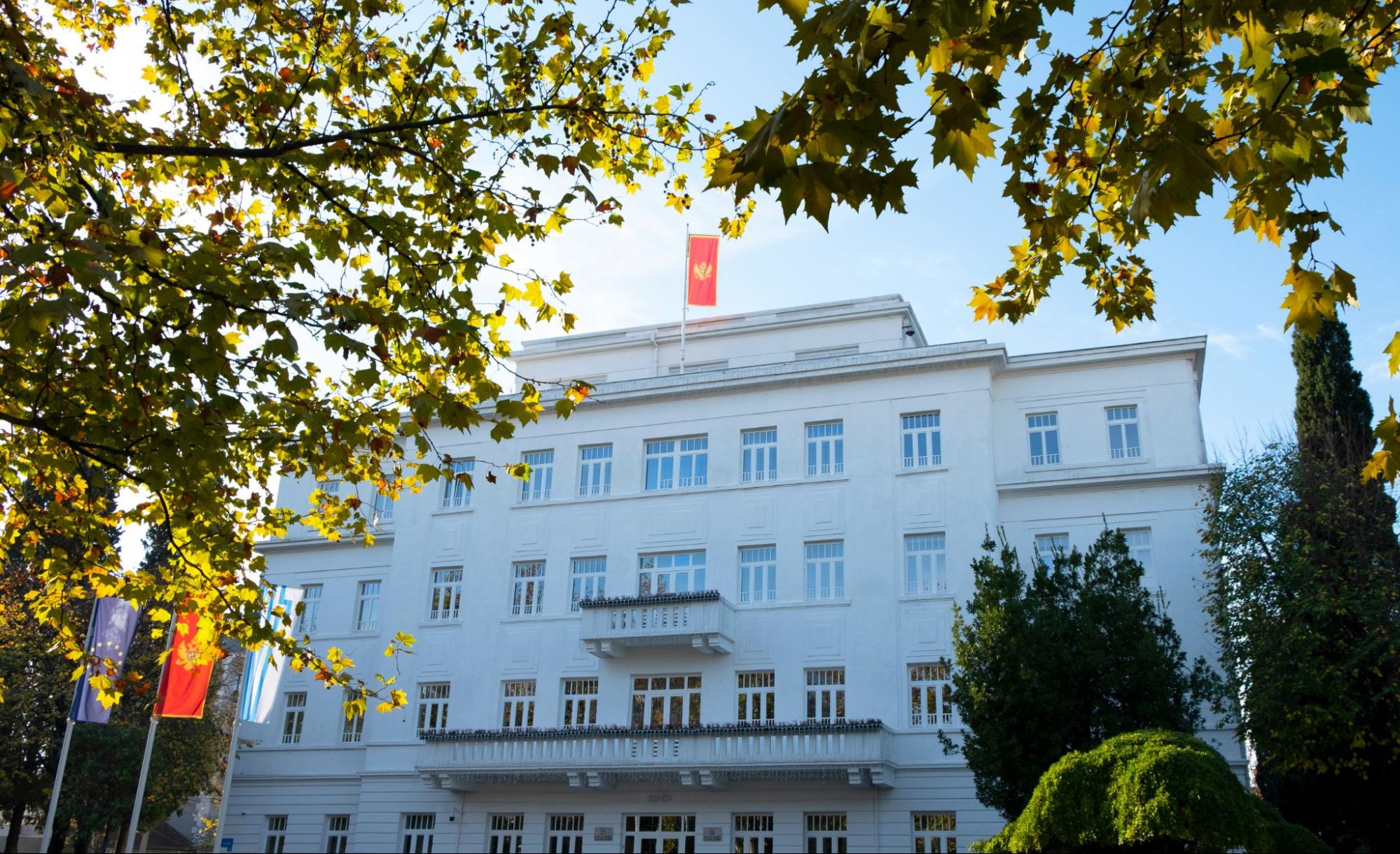
Foreign Property Ownership in Montenegro
Foreign property ownership in Montenegro is refreshingly straightforward.
No residency requirements, no citizenship hurdles, and usually no bureaucracy.
You can buy property as a foreigner with minimal hassle, except for land purchases, which require setting up a local company. That's standard practice for tax optimization.
The legal framework follows European standards, including proper title registration, mortgage availability, and transparent transactions. You're not dealing with the legal rules and regulations that make property investment terrifying in some emerging markets.
But real estate investment in Montenegro doesn’t come without a catch. Financing is limited for international buyers. Most transactions are cash deals, which keeps speculators out but also means you need serious upfront capital.
Liquidity is the other issue. Montenegro's market isn't like Spain or France, where you can sell relatively quickly. Properties can sit on the market for months, especially at the higher end. It’s important to plan accordingly.
What to Consider Before You Invest in Montenegro
Like any market, Montenegro’s real estate sector has its nuances. Before committing, it’s important to keep the following in mind:
- Hire an experienced broker and a lawyer who understands Montenegro’s local property laws.
- If you're buying from abroad, you'll need someone local handling the day-to-day stuff. Hire a property manager to oversee rental and maintenance.
- Do your homework on the specific area you're considering. A beachfront place in Budva operates completely differently from a mountain cabin in Žabljak. Market research is absolutely necessary as rental yields, seasonal patterns, and tenant types vary greatly.
- Figure out your goal before you buy a property. Do you want an immediate rental income, or is your goal capital appreciation? They don’t have the same investment strategy, and buying the wrong property for your goals is an expensive mistake.
Location Matters
Montenegro's rental market operates on multiple levels depending on what you buy and where.
Tourist rentals in coastal areas can generate decent yields during peak season.
But seasonal fluctuation is real. Tourism was slightly down in 2024, which hit short-term rental performance in some areas. That's the risk with tourism-dependent markets.
Long-term rentals offer lower yields but more stability. The growing expat community, local professionals, and people who actually live there year-round create consistent demand that doesn't depend on tourists.
Property management becomes crucial if you're buying for rental income, especially from abroad. The market has developed professional management services, but quality varies wildly.
Montenegro’s Property Taxes
Montenegro's property taxes are reasonable compared to most of Europe, but transfer taxes and ongoing costs add up.
Capital gains taxation applies when you sell, though rates and exemptions depend on how long you hold the property and your residency status.
Rental income gets taxed like you'd expect, but rates are competitive. If you're thinking about Montenegro as part of broader European tax planning, the territorial system can work in your favour when structured properly.
Get professional tax advice. The potential savings are real, but messing up the structure costs more than you save.
Real Estate Investment in Montenegro

Montenegro real estate comes with risks that potential investors need to understand.
The market is small, and properties take longer to sell; finding qualified buyers can be challenging, especially for expensive properties.
Foreign investment rules or tax structures could change as EU membership approaches. Major changes seem unlikely, but the regulatory environment isn't static.
Investing in Montenegro real estate works best as part of a diversified international portfolio, not as your only strategy. The opportunities are legitimate, but you need to understand local dynamics and have realistic expectations about liquidity and returns.
Success requires local expertise, proper due diligence, and realistic timelines. The opportunities exist, but they reward patient and informed investors.
Lastly, make sure you hire local professionals who specialize in connecting international buyers with properties that match their goals.
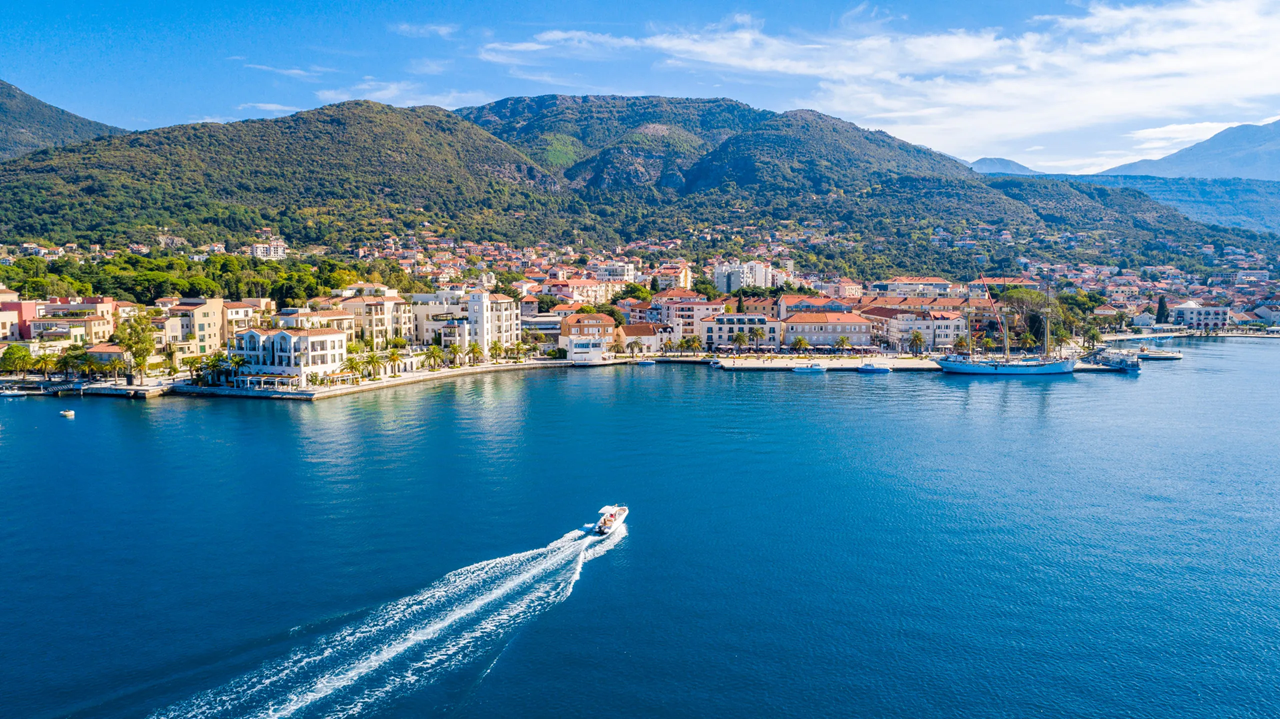


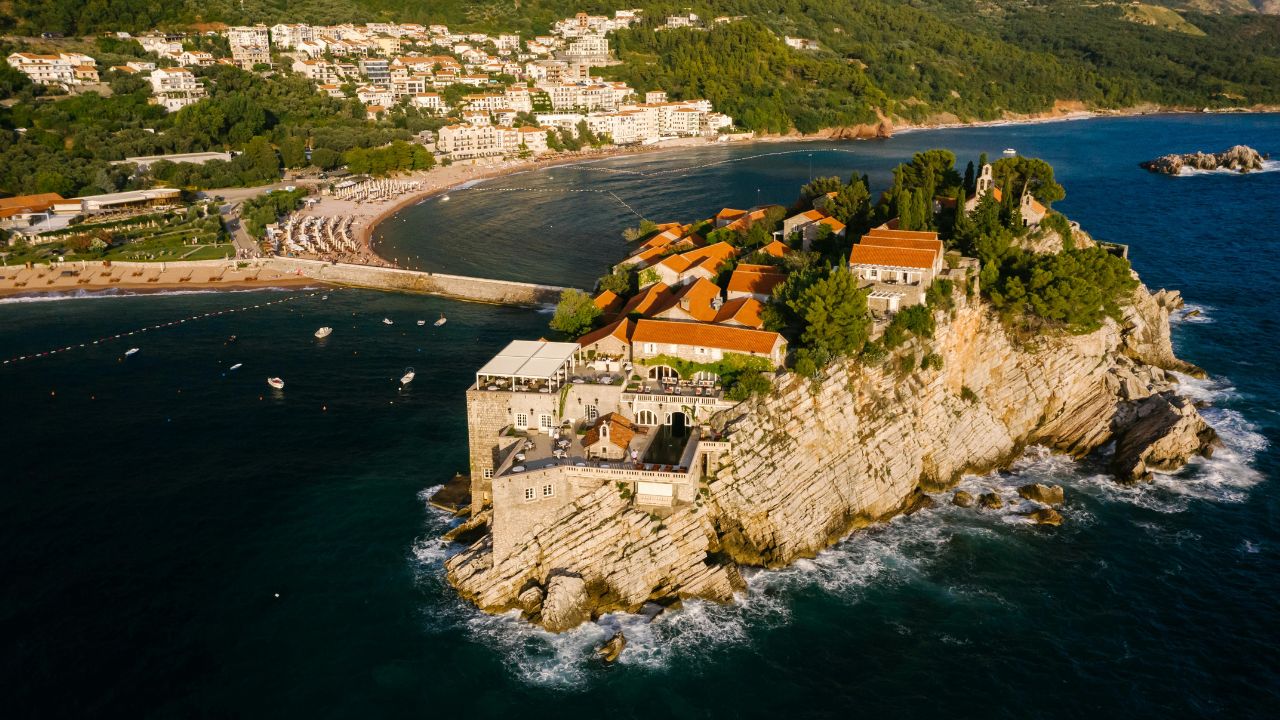








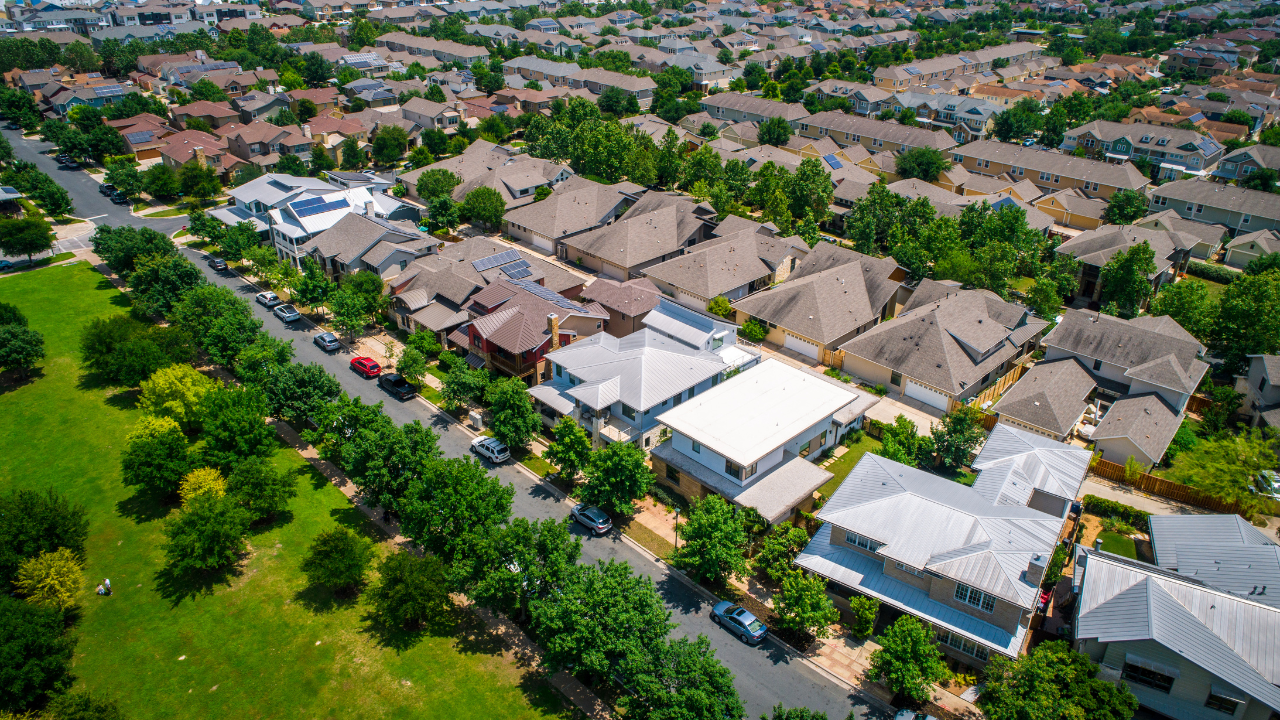
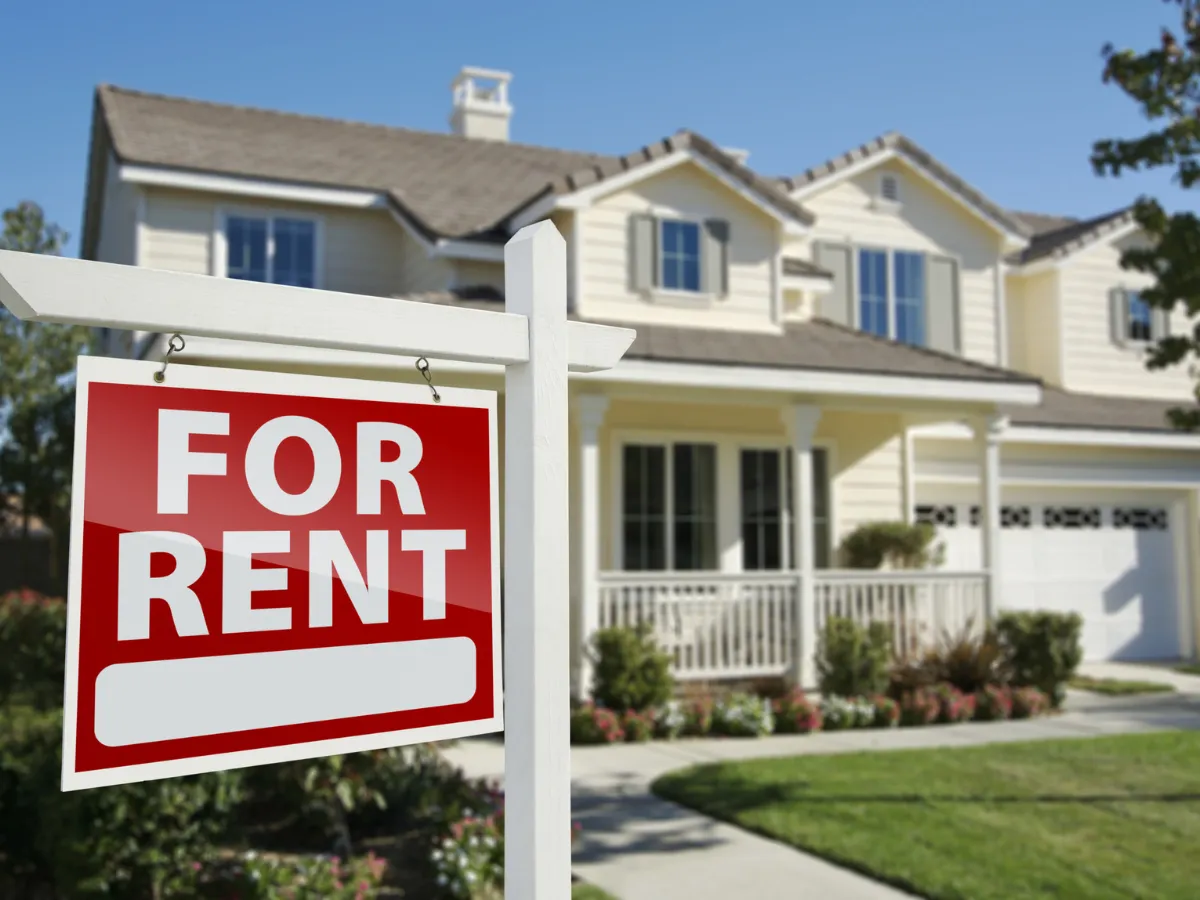
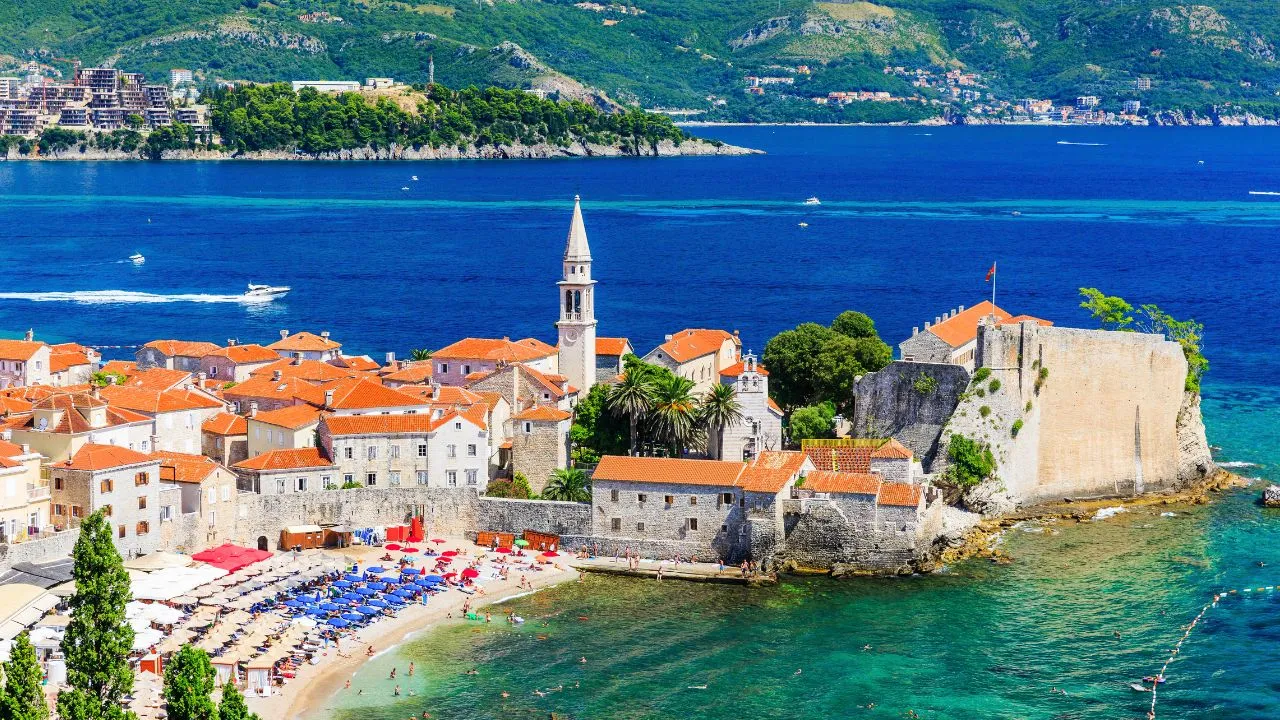




















.webp)

.webp)
.webp)

.webp)

.webp)
.webp)
.webp)

.webp)
.webp)
.webp)
.webp)

.webp)
.webp)
.webp)
.webp)
.webp)
.webp)
.webp)





.webp)

.webp)



















.avif)